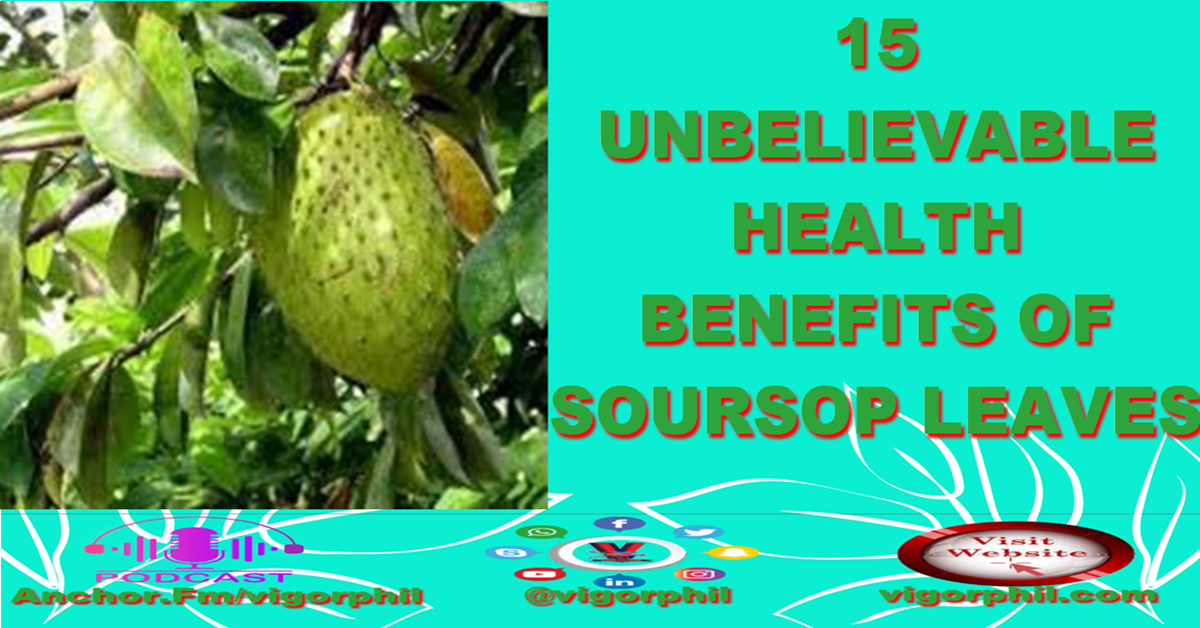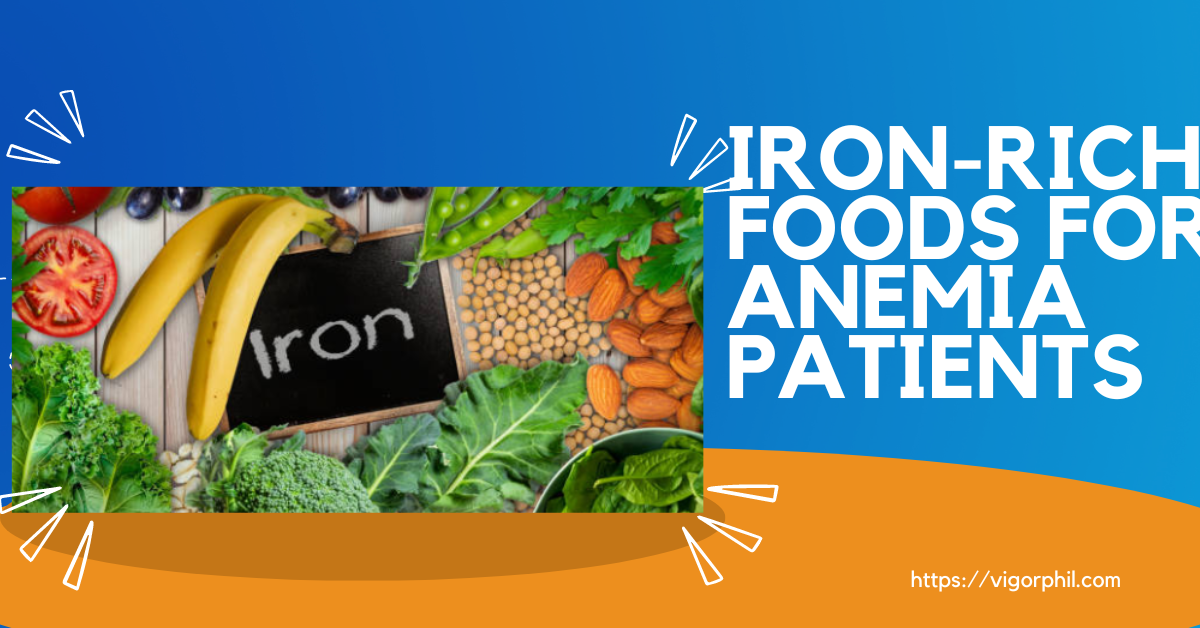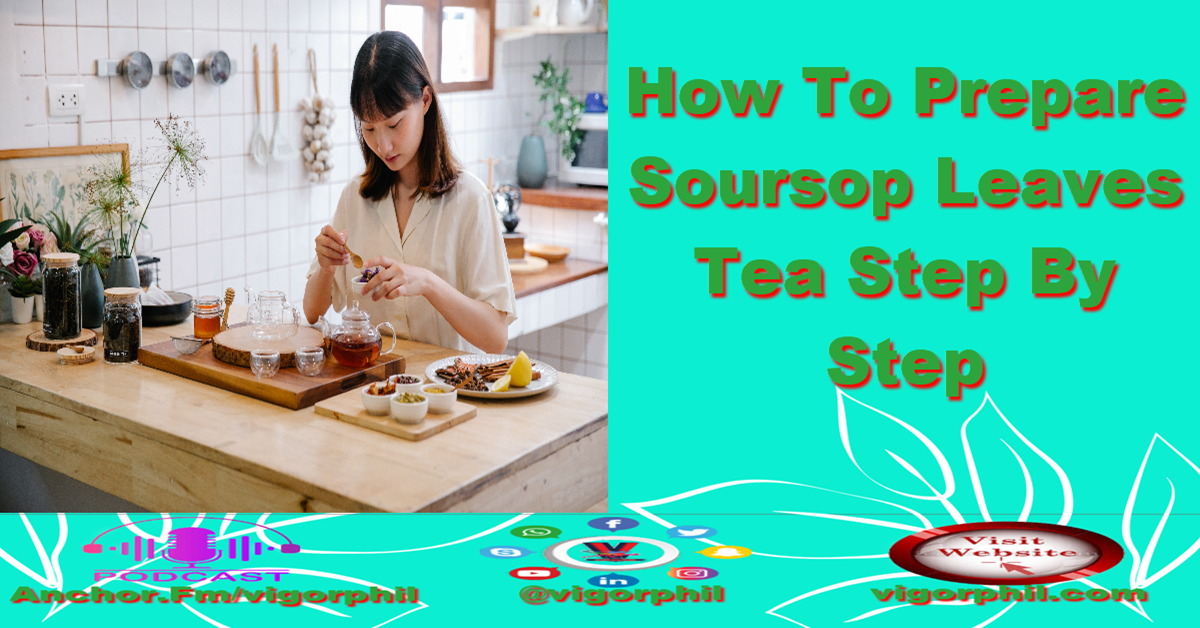Acne is a common skin condition that affects millions of people worldwide. While many over-the-counter and prescription treatments are available, some people prefer to use natural remedies to help prevent and treat acne. Not only are natural remedies often gentler on the skin, but they can also be more affordable and readily available.
In this post, we’ll explore some of the best natural remedies for acne, including tea tree oil, aloe vera, honey, green tea, apple cider vinegar, witch hazel, zinc, and vitamins A and E.
We’ll also discuss lifestyle changes that can help prevent acne, such as diet and exercise, as well as other supplements, home remedies, and prescription treatments that may be effective for different types of acne.
So whether you’re dealing with blackheads, whiteheads, cystic acne, or hormonal acne, read on to discover some natural remedies that may help you achieve clearer, healthier skin.
Types of acne
Acne comes in many different forms and can affect people of all ages and skin types. Understanding the different types of acne is important because each type may require different treatment methods. Some of the most common types of acne include blackheads, whiteheads, cystic acne, and hormonal acne.
Blackheads are small bumps that appear on the skin’s surface and are caused by a buildup of oil, dead skin cells, and bacteria in the pores.

Whiteheads, on the other hand, are similar to blackheads but are covered by a thin layer of skin, making them appear white or yellowish.
Cystic acne is a more severe form of acne that occurs when the pores become clogged and infected, leading to painful and often large bumps under the skin.
Hormonal acne, as the name suggests, is caused by hormonal fluctuations and can appear as pimples or cysts on the chin, jawline, and neck.
Each type of acne can be identified by its unique appearance and location on the face or body. Treatment methods may also differ depending on the type of acne, with some natural remedies being more effective for certain types than others.
For example, tea tree oil is particularly effective for treating blackheads and whiteheads, while aloe vera can be beneficial for soothing and healing cystic acne. Green tea and zinc have also been found to be effective in reducing inflammation associated with hormonal acne.
By understanding the different types of acne and which natural remedies may be most effective for each type, individuals can better tailor their treatment plans to their specific needs and achieve clearer, healthier skin.
Causes of acne
While the post provides information on natural remedies for acne, it is also important to understand the underlying causes of acne. Acne can be caused by a variety of factors such as genetics, hormones, and diet.
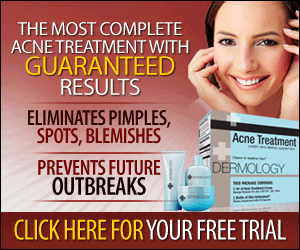
Genetics plays a significant role in the development of acne. If your parents had acne, then it is more likely that you will have it too. Hormonal changes, such as those that occur during puberty, pregnancy, or menstrual cycles, can also trigger acne. Hormones stimulate the sebaceous glands to produce more oil, which can clog the pores and lead to acne.
Diet is another factor that can contribute to acne. Foods with a high glycemic index, such as sugary and processed foods, have been linked to an increase in acne. Additionally, dairy products have been found to exacerbate acne in some individuals.
Stress is also a known contributor to acne. When we are stressed, our bodies produce more cortisol, a hormone that can increase oil production and inflammation in the skin.
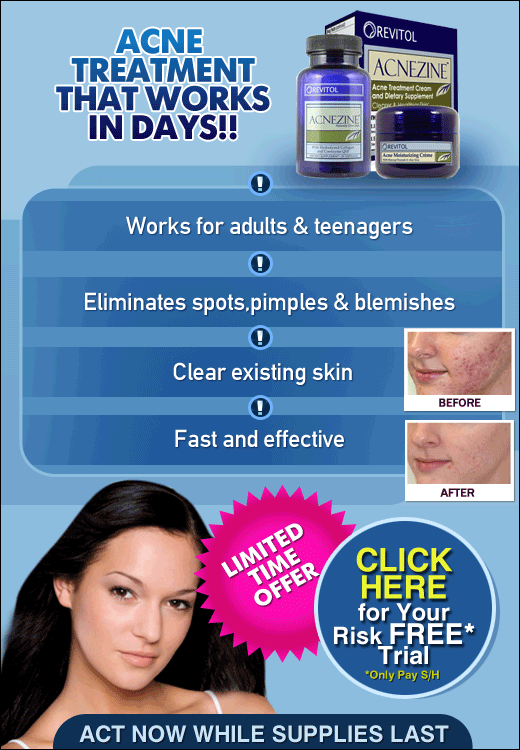
Understanding the various causes of acne can help individuals make lifestyle changes and choose natural remedies that can effectively prevent and treat acne. By addressing the root causes of acne, individuals can achieve clearer and healthier skin.
Best natural remedies for acne
If you’re looking for natural remedies to help prevent and treat acne, you have plenty of options to choose from. Here are some of the best natural remedies for acne:
- Tea tree oil: Tea tree oil is a natural antiseptic that can help kill bacteria and reduce inflammation. It can be applied topically to the skin, and diluted with a carrier oil like coconut oil.
- Aloe vera: Aloe vera has anti-inflammatory and antibacterial properties, making it an effective natural remedy for acne. It can be applied directly to the skin, or you can use products that contain aloe vera.
- Honey: Honey has natural antibacterial properties and can help soothe and heal acne-prone skin. You can use raw honey as a face mask or mix it with other natural ingredients like cinnamon or turmeric.
- Green tea: Green tea is rich in antioxidants that can help reduce inflammation and fight acne-causing bacteria. You can use green tea as a face wash or drink it regularly for overall skin health.
- Apple cider vinegar: Apple cider vinegar has antibacterial properties and can help balance the pH of the skin, making it an effective natural remedy for acne. It can be used as a toner or diluted with water as a spot treatment.
- Witch hazel: Witch hazel is a natural astringent that can help remove excess oil and reduce inflammation. It can be used as a toner or added to a face mask.
- Zinc: Zinc is a mineral that has been shown to help reduce inflammation and acne. You can take zinc supplements or eat zinc-rich foods like nuts, seeds, and legumes.
- Vitamin A and E: Vitamins A and E are important for healthy skin and can help prevent acne. Vitamin A can be found in foods like sweet potatoes and carrots, while vitamin E can be found in nuts and seeds.
How to use natural remedies for acne
Using natural remedies for acne can be an effective way to prevent and treat breakouts. Here are some instructions for using the remedies listed in section II, as well as some potential side effects to be aware of:
- Tea tree oil: Dilute tea tree oil with a carrier oil like coconut oil, and apply it to the affected area using a cotton swab. Use it once or twice daily. Tea tree oil can cause skin irritation in some people, so be sure to do a patch test before using it.
- Aloe vera: Apply aloe vera gel directly to the skin, and leave it on for 30 minutes before rinsing it off with water. Use it once or twice daily. Aloe vera is generally safe for most people, but some may experience skin irritation.
- Honey: Apply raw honey directly to the skin, and leave it on for 10-15 minutes before rinsing it off with water. Use it once or twice weekly. Honey is generally safe for most people, but those with a bee allergy should avoid using it.
- Green tea: Brew green tea and let it cool. Use it as a face wash or apply it to the skin using a cotton ball. Use it once or twice daily. Green tea is generally safe for most people, but some may experience skin irritation.
- Apple cider vinegar: Dilute apple cider vinegar with water in a 1:3 ratio, and apply it to the skin using a cotton ball. Use it once or twice daily. Apple cider vinegar can cause skin irritation in some people, so be sure to do a patch test before using it.
- Witch hazel: Apply witch hazel to the skin using a cotton ball. Use it once or twice daily. Witch hazel is generally safe for most people, but some may experience skin irritation.
- Zinc: Take zinc supplements as directed on the label or eat zinc-rich foods regularly. Zinc supplements can cause nausea and stomach upset in some people.
- Vitamin A and E: Incorporate foods that are rich in vitamins A and E into your diet, or take supplements as directed on the label. Taking high doses of vitamin A can be toxic, so be sure to follow recommended dosages.
By following these instructions and being aware of potential side effects, you can safely use natural remedies to help prevent and treat acne.
Lifestyle changes to prevent acne
While natural remedies can be effective in treating acne, making lifestyle changes can also go a long way in preventing breakouts. Here are some lifestyle changes to consider:
- Diet changes: Certain foods can trigger acne, such as high-glycemic-index foods, dairy, and foods high in saturated and trans fats. Try to limit your intake of these foods and instead eat a balanced diet rich in fruits, vegetables, and whole grains. Drinking plenty of water can also help keep your skin hydrated and healthy.
- Exercise: Regular exercise can improve circulation and help keep your skin healthy. Aim for at least 30 minutes of moderate exercises, such as brisk walking or jogging, most days of the week.
- Stress management: Stress can trigger acne by causing hormonal changes in the body. Finding ways to manage stress, such as through meditation, yoga, or deep breathing exercises, can help prevent breakouts.
By making these lifestyle changes and incorporating natural remedies, you can help prevent and treat acne in a safe and effective way.
Skincare tips
In addition to natural remedies and lifestyle changes, having a good skincare routine can also help prevent and treat acne. Here are some tips to consider:
- Cleanse your skin twice a day: Use a gentle cleanser to wash your face in the morning and at night to remove dirt, oil, and makeup.
- Use a toner: A toner can help remove any remaining impurities and balance the pH of your skin.
- Moisturize: Use a moisturizer that is suitable for your skin type to keep your skin hydrated and healthy.
- Exfoliate: Use a gentle exfoliator once or twice a week to remove dead skin cells and unclog pores.
- Use sunscreen: Protect your skin from the sun’s harmful UV rays by using a broad-spectrum sunscreen with an SPF of 30 or higher.
- Avoid picking or popping pimples: This can lead to scarring and further breakouts.
By following a skincare routine that incorporates these tips, you can help prevent and treat acne. It’s important to note that not all skincare products work for everyone, so it may take some trial and error to find the right products for your skin type. Additionally, it’s always a good idea to consult with a dermatologist if you have persistent or severe acne.
Supplements and vitamins
In addition to natural remedies, lifestyle changes, and a good skincare routine, certain supplements and vitamins can also help prevent and treat acne. Here are some to consider:
- Probiotics: Probiotics are good bacteria that can help balance the gut microbiome, which in turn can help prevent acne. You can find probiotics in supplement form or in fermented foods like yogurt, kefir, and sauerkraut.
- Vitamin D: Vitamin D plays an important role in immune function and can help reduce inflammation in the body. Some studies have also suggested that low levels of vitamin D may be linked to acne. You can get vitamin D from sunlight, food sources like fatty fish and fortified dairy products, or supplements.
- Omega-3 fatty acids: Omega-3 fatty acids are anti-inflammatory and can help reduce acne. You can get omega-3s from fatty fish like salmon and tuna, as well as from supplements like fish oil.
While supplements and vitamins can be beneficial for preventing and treating acne, it’s important to talk to your doctor before adding any new supplements to your routine. Some supplements can interact with medications or cause unwanted side effects, so it’s important to make sure they’re safe for you to take.
Home remedies
In addition to the natural remedies mentioned in section II (Best natural remedies for acne), there are many other home remedies that can be effective for treating acne. Here are some to consider:
- Oatmeal mask: Oatmeal is soothing and can help reduce inflammation in the skin. Mix ground oatmeal with water to make a paste, apply it to your face, and leave it on for 15-20 minutes before rinsing off.
- Baking soda scrub: Baking soda is a natural exfoliant that can help unclog pores. Mix baking soda with water to make a paste, gently scrub your face with it, and rinse off.
- Cucumber slices: Cucumber is hydrating and can help reduce inflammation. Cut thin slices of cucumber and place them on your face for 10-15 minutes.
- Lemon juice: Lemon juice is acidic and can help exfoliate the skin. Apply freshly squeezed lemon juice to your face with a cotton ball, leave it on for 10-15 minutes, and rinse off.
It’s important to note that not all home remedies work for everyone, and some may be too harsh for certain skin types. Additionally, it’s always a good idea to patch-test any new ingredients before applying them to your entire face to make sure you don’t have an adverse reaction.
Prescription treatments
In some cases, over-the-counter and natural remedies may not be enough to treat acne. In these cases, a dermatologist may recommend prescription treatments. Here are some of the most common ones:
- Topical retinoids: Topical retinoids are derived from vitamin A and work by unclogging pores and reducing inflammation. They can be effective for treating both inflammatory and non-inflammatory acne.
- Oral antibiotics: Oral antibiotics work by killing the bacteria that cause acne. They’re often used in combination with topical retinoids for moderate to severe acne.
- Isotretinoin: Isotretinoin is a powerful oral medication that’s used for severe acne that hasn’t responded to other treatments. It works by reducing oil production in the skin and shrinking the sebaceous glands. Isotretinoin can have some serious side effects, so it’s usually only used as a last resort.
It’s important to note that prescription treatments should only be used under the guidance of a dermatologist, as they can have serious side effects and interactions with other medications. If you’re struggling with acne, it’s a good idea to talk to a dermatologist about the best treatment options for your specific case.
Acne scars
Acne scars can be a frustrating reminder of past breakouts. While they may fade over time, there are some natural remedies that can help speed up the process. Here are some options to consider:
- Vitamin C serums: Vitamin C is a powerful antioxidant that can help promote collagen production and fade hyperpigmentation. Applying a vitamin C serum to your skin daily can help improve the appearance of acne scars over time.
- Aloe vera: Aloe vera has anti-inflammatory properties and can help soothe irritated skin. Applying fresh aloe vera gel to your scars can help reduce redness and promote healing.
- Honey: Honey has antibacterial properties and can help reduce inflammation. Applying a honey mask to your face once or twice a week can help improve the appearance of acne scars.
It’s important to note that while natural remedies can be effective for treating acne scars, they may not work for everyone. If you have severe scarring, it’s a good idea to talk to a dermatologist about other treatment options, such as chemical peels or laser therapy.
When to see a dermatologist
While natural remedies and lifestyle changes can be effective for preventing and treating acne, there are some cases where professional help may be necessary. Here are some warning signs to look out for:
- Severe or persistent acne: If you have severe or persistent acne that doesn’t respond to over-the-counter treatments, it’s a good idea to see a dermatologist. They may prescribe stronger topical or oral medications to help clear your skin.
- Scarring: If you have acne scars that are deep or widespread, a dermatologist may recommend professional treatments, such as chemical peels or laser therapy, to help improve the appearance of your skin.
- Painful cysts: If you have painful, cystic acne that doesn’t respond to other treatments, a dermatologist may recommend oral medications or injections to help reduce inflammation and prevent scarring.
- Emotional distress: If your acne is causing you significant emotional distress or impacting your quality of life, it’s important to seek help from a dermatologist or mental health professional.
In general, if you’re experiencing any unusual symptoms or are unsure about how to best treat your acne, it’s always a good idea to consult with a dermatologist. They can provide personalized recommendations and help you develop a treatment plan that works for you.
Conclusion
In conclusion, natural remedies and other treatments can be highly effective for preventing and treating acne. By making lifestyle changes, trying different home remedies, and seeking professional help when necessary, you can improve the appearance of your skin and boost your confidence.
It’s important to remember that everyone’s skin is different, so what works for one person may not work for another. Be patient and persistent, and don’t be afraid to experiment with different remedies to find what works best for you.
We hope that this post has provided you with valuable information and insights into how to naturally treat acne. If you found this post helpful, please consider sharing it with others who may also benefit from this information. Together, we can help more people achieve healthy, clear skin.
Frequently Asked Questions
Reference
- Katta, R., & Desai, S. P. (2014). Diet and dermatology: the role of dietary intervention in skin disease. The Journal of clinical and aesthetic dermatology, 7(7), 46–51.
- Kligman, A. M., & Mills Jr, O. H. (1972). Acne vulgaris: therapy directed at pathogenesis. New England Journal of Medicine, 297(10), 530-535.
- Kraft, J., & Freiman, A. (2011). Management of acne. CMAJ, 183(7), E430-E435.
- Mahmood, T., Akhtar, N., & Moldovan, C. (2018). A review of the therapeutic effects of using tea tree oil in skin disorders. The Indian Journal of Dermatology, Venereology, and Leprology, 84(5), 602-605.
- Mukherjee, S., Date, A., Patravale, V., Korting, H. C., Roeder, A., & Weindl, G. (2006). Retinoids in the treatment of skin aging: an overview of clinical efficacy and safety. Clinical interventions in aging, 1(4), 327–348.
- Zaenglein, A. L., Pathy, A. L., Schlosser, B. J., Alikhan, A., Baldwin, H. E., Berson, D. S., … & Bhushan, R. (2016). Guidelines of care for the management of acne vulgaris. Journal of the American Academy of Dermatology, 74(5), 945-973.
- Zari, S., & Alrahmani, D. (2017). The efficacy of aloe vera used for burn wound healing: a systematic review. Burns, 43(4), 799-808.




